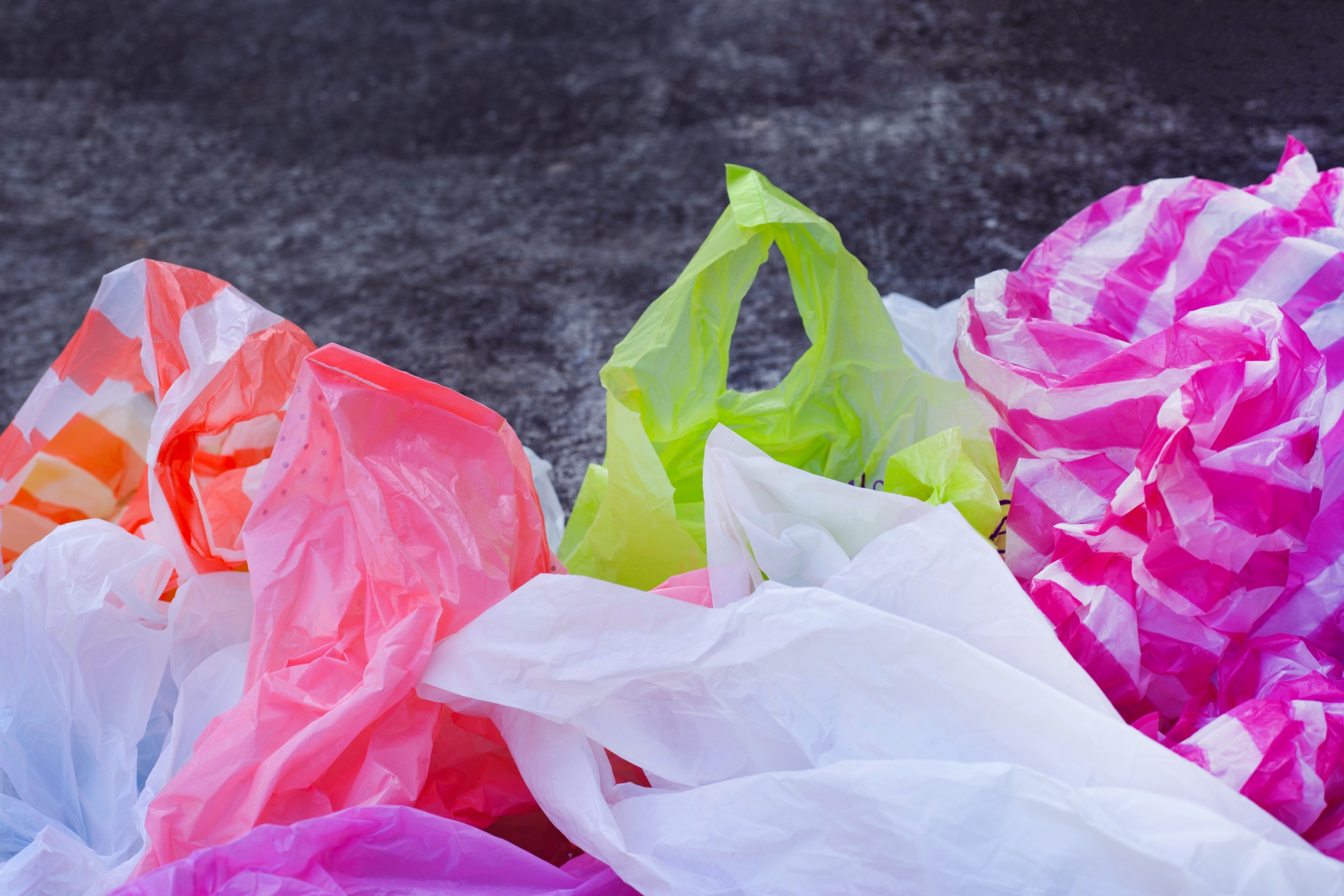BY THE OPTIMIST DAILY EDITORIAL TEAM
Friendships can be a source of joy and comfort, but unfortunately, even the most intimate connections can become toxic. Clinical psychologist with over 25 years of experience Dr. Monica Vermani explains that a toxic person is “someone who is a negative force in our lives. They often cause conflicts, make unreasonable demands, or place unrealistic expectations on your time and energy.” When they don’t get what they want, such people may manipulate others, disregard boundaries, and even become emotionally or physically abusive.
Those trying to navigate a friendship that is more exhausting than uplifting must recognize when it’s time to set boundaries. Here are the signs of a toxic friendship and how to heal the relationship—or leave if necessary.
Recognizing toxic traits in friends
Toxic qualities might range from the obvious to more subtle behaviors. Here are some red flags to look out for:
– Inconsistency: While everyone experiences ups and downs, toxic friends can take them to the extreme. “Their behavior is often erratic and unpredictable,” says licensed psychotherapist specializing in familial and intergenerational trauma, and attachment wounding, Dr. Dana Balan. This inconsistency can leave you feeling as if you’re “walking on eggshells,” unsure of their reactions or reliability.
– Keeping score: Friends should encourage one another. In contrast, a toxic friend may continuously remind you of past mistakes or debts. According to Vermani, this indicates that they see relationships as transactional, and they may be holding things over you to keep control.
– Jealousy: While some competitiveness among friends is natural and even motivational in some cases, chronic jealousy can be destructive. Balan explains, “Good friends celebrate each other’s successes. If you feel like you have to hide your wins or apologize for your achievements, that’s a red flag.”
– Passive-aggressiveness: If your friend habitually ignores you, employs sarcasm, or expresses animosity in subtle ways, Vermani warns that these actions are manipulative and can lead to a toxic dynamic.
– It’s always about them: Healthy friendships are reciprocal, with both parties feeling appreciated. However, if your friend consistently dominates the conversation or only contacts you when they need something, it may indicate a lack of balance in the relationship.
– Lack of accountability: When a problem arises, a toxic friend refuses to accept blame. Vermani emphasizes: “We need to take responsibility for our own emotions and not let others manipulate us into feeling guilty for theirs.”
– Boundary violations: Healthy boundaries are essential in all relationships. Toxic friends may view limits as rejection, resulting in invasive or demanding behavior.
Is it possible to repair toxic friendships?
While some relationships can be healed, others may be irreparable. As Vermani notes, “Not all relationships are meant to last a lifetime. We are here to learn and grow from one another.” If a friendship is causing long-term pain, it may be necessary to realize that it is time to part ways.
For those who believe the friendship is worth keeping, here are five measures to begin positive change.
1. Build awareness
The first step is to recognize the toxicity. Recognize the toxic behaviors and patterns in your friendship. Vermani clarifies: “Once we recognize what we want to change, we can begin to address the underlying issues of an unhealthy and non-supportive pattern of behaviors and choices.”
2. Take responsibility for your role
While it is tempting to focus on the shortcomings of others, true growth begins with self-awareness. Vermani encourages people to “own up to their part” in the relationship. By focusing on personal development, you can inspire change in others and promote a healthier dynamic.
3. Have an honest and compassionate conversation
Start an honest and open conversation. Vermani emphasizes that this should not become a blame game. “Besides conveying your concerns, it is important to listen to the other person’s feelings, thoughts, and perspective,” she says. Active listening can help rebuild trust and mutual understanding, laying the groundwork for a stronger relationship.
4. Establish clear boundaries
Toxic friends frequently overstep boundaries, so it’s critical to set and explain clear limitations. Balan stresses, “Boundaries help protect your emotional well-being and promote respect within the relationship.” Tell your friend what is and isn’t appropriate conduct, and be strong about enforcing these boundaries.
5. Keep track of the relationship’s progress
Healing a toxic friendship takes time, and progress isn’t always straightforward. Vermani encourages individuals to be conscious of previous patterns recurring. “If the relationship does not improve over time and toxic behaviors persist, have compassion for yourself,” her advice states. If the situation continues to be harmful, it is critical to give yourself permission to move away.
Friendship, like all relationships, involves reciprocal respect and effort. Toxic connections can be emotionally draining, but with the appropriate attitude, they can sometimes be mended.
However, if the toxicity persists despite efforts to change the dynamic, you should prioritize your own well-being. Not every friendship lasts forever, and ending an unhealthy relationship may be the best option. Remember, the goal is to build relationships that inspire, encourage, and allow you to thrive.












